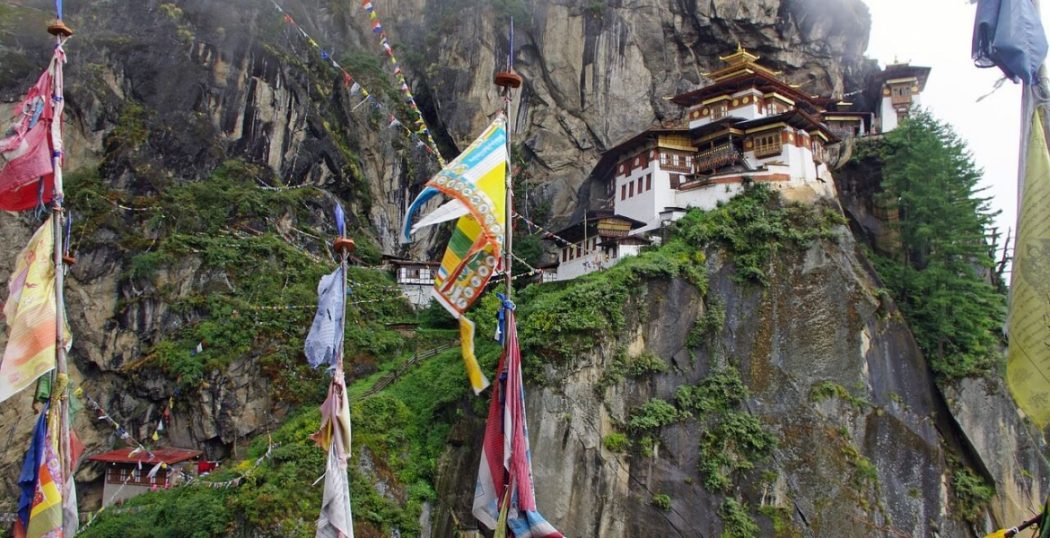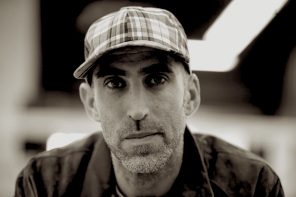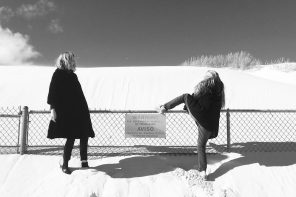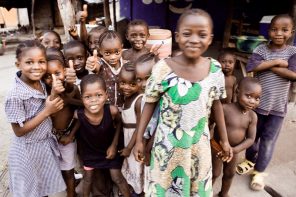The Happiest Place on the Planet
We asked 30 people who we admire to each interview one person they admire. That’s the concept behind the Interview Issue presented by Design Within Reach.
HANAH Founder Joel Einhorn chose His Royal Highness Prince Jigyel Ugyen Wangchuck of Bhutan and they talked about ancient herbs, happiness, one tough bike race, and not, you know, destroying the earth.
Follow @hanahliving
Joel Einhorn: What is the Tour of the Dragon?
His Royal Highness Prince Jigyel Ugyen Wangchuck: The Tour of the Dragon is an adventure sport initiative, introducing mountain biking as a healthy way of living to the citizens of Bhutan while promoting Bhutan as an adventure sports destination to the world. The Tour of the Dragon is the most challenging one-day mountain bike race in the world, and the premier cycling race in Bhutan, featuring a 268 km bike ride that goes over four mountain passes. At the same, it is also undoubtedly one of the most beautiful, taking you through the breadth of the country.
JE: Why is it considered one of the most difficult one-day events in the world?
HRH: The race is considered the most difficult because of the gain in altitude, the distance—which is 268 kilometers in one day—and also the very challenging Himalayan terrain featuring landslides, potholes and natural obstacles, such as traffic and domestic animals, that one may encounter on the road. There is nothing quite like it and the completion rate is, at best, 50%.
The very challenging Himalayan terrain featuring landslides, potholes and natural obstacles, such as traffic and domestic animals.
JE: What are your goals for the Tour of the Dragon?
HRH: Ever since the inception of the race, there has been a visible organic growth of Bhutanese mountain bikers who are enjoying the outdoors, living healthy, and passing on the legacy of the joy of riding the mountain bike to the future generation. The event has also received attention from the international mountain biking fraternity and the race has been mentioned in several international outdoor magazines.
My goal has always been to create a world-class cycling event in Bhutan and to promote it as a sports destination. As long as people get to enjoy Bhutan on their wheels safely, that’s all I can ask for.
JE: Why is sport important to you?
HRH: As you are aware, Bhutan is considered to be one the happiest countries in the world, but how can a nation be happy if people don’t play sports? Sport is integral to happiness. It is a very important vehicle to promote national happiness, because of its contribution to physical and psychological well-being. Further, sports and games can inculcate in our youth all the values integral to Gross National Happiness, such as sportsmanship, teamwork, respect, responsibility, leadership and fellowship. Our country can surely benefit from all the good that sports and games can provide. I have learned so much from playing sports and enjoy it tremendously and this is what I want my fellow young Bhutanese to experience.
JE: What other sports and activities do you enjoy?
HRH: A little bit of everything—basketball, football, cycling, etc.
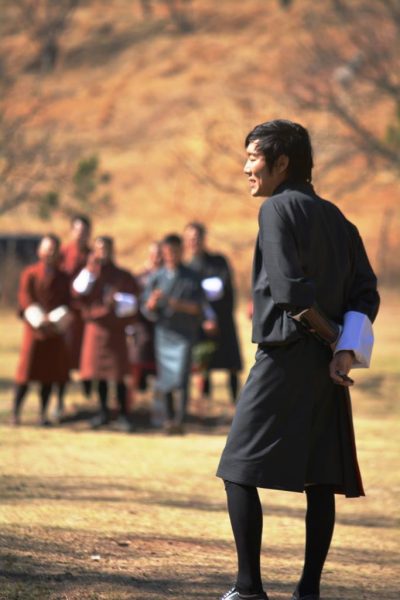
His Highness
JE: According to Himalayan, Ayurvedic and Tibetan medicine, Bhutan is the “Land of the Herbs.” What are some of the Bhutanese herbs that the West might not be familiar with?
HRH: Bhutan has been known to many outsiders before as Men-jung meaning the land of medicinal herbs. We Bhutanese have been using a lot of medicinal plants from time immemorial. The Institute of Traditional Medicine Services located in Thimphu is responsible for training of doctors, conducting research on traditional medicinal plants and identifying the ingredients to develop new products. I am told that the institute has a library dating back to the 1616 AD when Tibetan Buddhism was first introduced to the country. Most of the recipes using these medicinal plants were collected from monasteries where Buddhist scholars have preserved the medical lore. A royal command was issued sometime in the 1960s to establish traditional medicine system for the welfare of the citizens.
Traditional medical centers have since opened throughout the nation and these centers have been integrated into the National Health Service. Currently, we use over 3,000 species of herbs. I am sure most are found only in Bhutan. The most common ones used today are:
Rhododendron Anthopogon: anti-inflammatory, antibacterial, decongestant, nervous system calming, etc.
Meconopsis Simplicifolia (blue poppy): cough and cold, fever, infection in the liver, lungs and blood.
Saussurea: dysentery and ulcer, cough and cold, stomachaches, etc.
Ephedra Geradiana: cough and cold, bronchitis, asthma, arthritis, etc.
Figwort Picrorhiza: treats blood pressure, fever, bile and intestinal pains.
Juniperus squamata: treat skin diseases.
Inula Racemosa: asthma, throat infection, antibacterial, antiseptic, pleurisy, TB and chest pain, etc.
JE: What book would you recommend to someone who wanted to learn about Bhutan?
HRH: There are quite a lot of books which one could refer to, but if anyone wants to learn about Bhutan, they’d need to come see Bhutan in person and experience it for themselves.
For me, [happiness] is being content with needs and not being carried away with wants.
JE: Can you explain about how Bhutan’s Gross National Happiness (GNH) index was created?
HRH: Happiness is a relative term.
It’s finding the balance between emotional and material well-being. For me, GNH is being content with needs and not being carried away with wants. His Majesty the Fourth King created the GNH index in order to assist the development policies of the country.
Therefore, today, whatever the royal government does has to be in line with the four pillars of GNH: Good Governance, Sustainable Socio-Economic Development, Promotion and Preservation of Culture, and Environmental Conservation
It was a vision of His Majesty to formulate our development approach in such a way that it creates a conducive environment for the society to achieve a balanced development.
JE: Bhutan is the first carbon negative country; why is environmental conservation one of the four pillars of GNH?
HRH: Change is the only thing constant in life. It depends how we manage the change. The government has been trying to maintain a balance between development needs and challenges that come along with development. Trees are a source of life and connect with all elements of life. Both their Majesties the Kings have always highlighted the importance of conservation of environment. It is an important aspect of our development philosophy.
Our commitment to environment, despite high opportunity costs: By constitutional requirement, 60% of the country is to be under forest cover at all times to come. Currently 70% of the country is still covered with forest; 50% of the country is maintained as parks and protected areas. We have pledged to remain carbon neutral. We prioritize carbon neutral development activities such as hydropower and natural agriculture. We have stringent environmental social and environmental safeguard policies on all development activities.
Bhutan, unlike other countries, does not have anything to offer apart from the green forest and the pristine environment. This natural environment and the way we manage it could be a source of inspiration if it appeals to the rest of the world.

